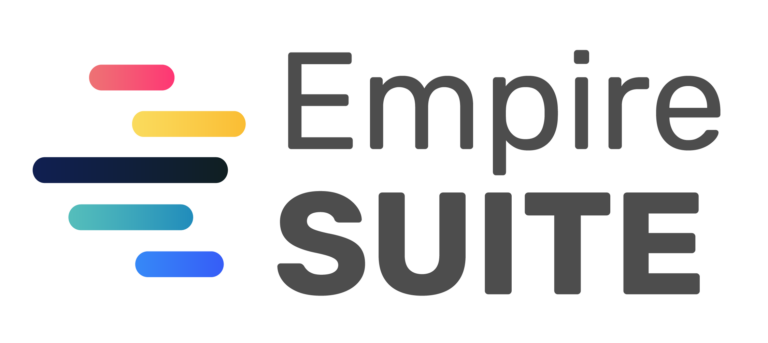In today’s professional services environment, simply assigning available staff to project schedules is no longer a competitive strategy. To achieve long-term success, firms must elevate their resource management by prioritizing the alignment of employee skills with project-specific needs—not just filling gaps based on who’s free. By strategically matching expertise and competencies to the right projects, organizations unlock greater efficiency, higher quality outcomes, and improved engagement among team members, positioning themselves to deliver sustained value and outperform rivals over time.
Matching Skills to Projects, Not Just Availability: Elevating Resource Management in Your Professional Services Firm
In the competitive professional services landscape, just filling gaps in project schedules with available staff isn’t sufficient. Firms need to look beyond availability and prioritize matching skills to projects as a strategic best practice for long-term success.

Why Skill-Based Project Assignment Matters
The difference between just staffing and strategic resource management can be the catalyst for operational transformation. Assigning professionals based solely on availability can often lead to less-than-optimal results, disengaged teams, and missed opportunities for growth. But when resource management aligns your resource’s capabilities and interests with the project needs, firms can see measurable improvements in client outcomes, profitability, and employee retention.
For audit and tax projects, skill-specific assignments ensure that complex client requests are met with the right expertise. For instance, deploying a tax professional with specialized regulatory knowledge or an auditor with forensic skills results in higher-quality deliverables, better compliance, and increased client satisfaction.
Key Strategies for Strategic Skills Matching
The Impact on Practice Growth and Profitability
Firms investing in skills-based resource assignment use resource management as a strategic tool, not just a logistical function. Decision makers gain actionable insights on workforce capacity and capability, making possible:
Take Action: Transform Your Resource Management Strategy
Professional services leaders should treat resource management as a core business system essential to long-term growth. By matching skills to projects—not just availability—firms build sustainable practices equipped to thrive in a rapidly evolving marketplace.
An investment in integrated software, consistent skills tracking, and ongoing talent development produces results that benefit clients, staff, and the bottom line. Elevate your practice management today and realize the true strategic value of your people.

